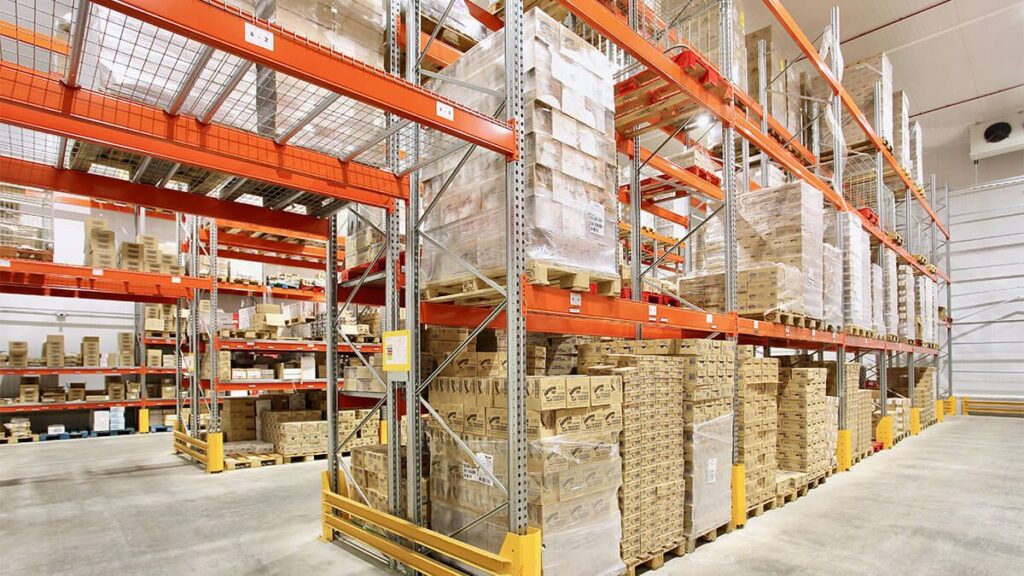Promotional logistics plays a crucial role in streamlining marketing campaigns to achieve maximum impact and efficiency. At its core, promotional logistics involves the strategic planning, coordination, and management of the physical flow of marketing materials, products, and promotional items from suppliers to the end consumers or distribution points. This process ensures that all campaign elements are delivered on time, in the right quantities, and in perfect condition, which is essential for maintaining brand consistency and meeting consumer expectations. When executed well, promotional logistics reduces delays, cuts unnecessary costs, and allows marketing teams to focus more on creative strategies and customer engagement rather than operational headaches. One of the key benefits of integrating promotional logistics into marketing campaigns is the ability to maintain tight control over inventory and distribution channels. By leveraging advanced logistics technology and data analytics, companies can predict demand accurately, manage stock levels efficiently, and avoid the common pitfalls of overstocking or stock outs. This balance is critical during promotional events when the demand for certain products or marketing collateral can spike unexpectedly.

Logística promocional ensure that these materials reach the right locations whether retail stores, event venues, or directly to consumers precisely when needed, enabling a seamless campaign rollout. This precision also helps in reducing waste and excess inventory, contributing to sustainability goals and better resource management. Moreover, promotional logistics significantly enhances the overall customer experience. Timely delivery of promotional products and materials means that customers receive their offers, samples, or gifts without delay, which reinforces positive brand impressions. For campaigns involving limited-time offers or exclusive items, logistics delays can translate directly into lost sales and diminished brand trust. A streamlined logistics approach mitigates these risks by creating reliable delivery schedules and contingency plans to handle unforeseen disruptions. Additionally, the use of real-time tracking systems provides transparency both to marketers and customers, fostering confidence and engagement throughout the campaign lifecycle. Another critical aspect of promotional logistics is cost efficiency. Traditional marketing campaigns often involve complex supply chains with multiple vendors, warehouses, and transportation providers.
Without proper logistics management, costs can spiral due to miscommunications, redundant shipments, or last-minute adjustments. By centralizing logistics planning and employing professional expertise, companies can negotiate better shipping rates, optimize packaging and handling processes, and consolidate shipments to reduce freight costs. These savings can then be redirected towards creative marketing initiatives or expanding campaign reach, ultimately driving a better return on investment. In addition to physical distribution, promotional logistics also encompasses the reverse logistics process handling returns, recycling, and redistribution of promotional materials that were unused or defective. Efficient management of this aspect not only cuts down losses but also promotes sustainability by ensuring materials are reused or disposed of responsibly. This holistic approach to logistics reflects a growing awareness among marketers that environmental considerations are increasingly important to consumers and can enhance brand reputation when integrated thoughtfully into campaign planning. Companies that prioritize and invest in professional logistics strategies position themselves to deliver consistent, timely, and effective marketing efforts that resonate with their target audiences and drive long-term business growth.